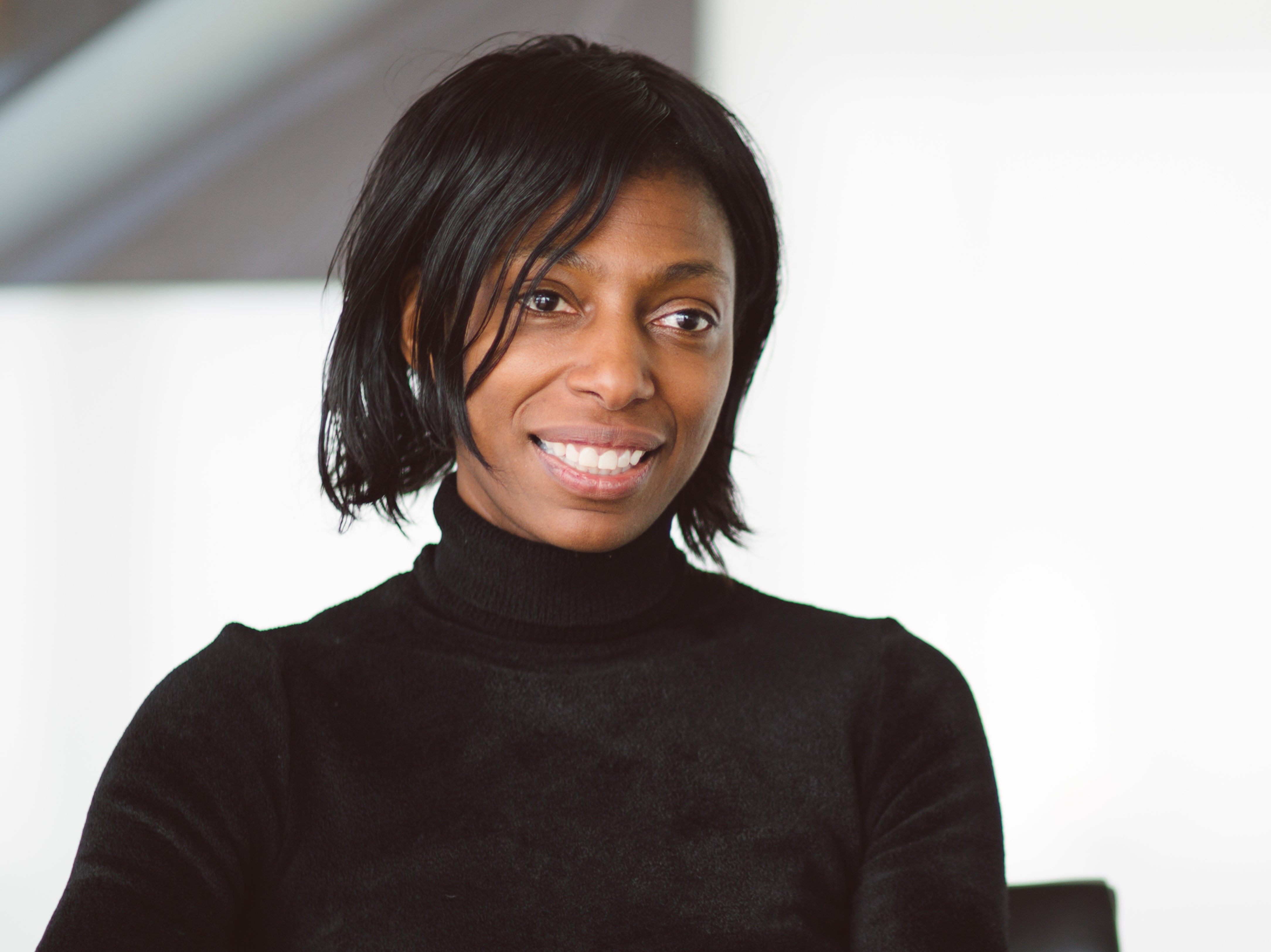
Ofcom chief executive Sharon White has called for independent regulation of tech giants that publish news, such as Facebook and Google, in the battle against ‘fake news’.
In a comment piece for the Times, White (pictured) said: “The argument for independent regulatory oversight of their activities has never been stronger.”
She added: “Education on how to navigate online news effectively is, of course, important. But the onus shouldn’t be on the public to detect and deal with fake and harmful content.
“Online companies need to be much more accountable when it comes to curating and policing the content on their platforms, where this risks harm to the public.”
She also announced plans to release an outline of how such regulation could work in the Autumn of this year.
It marks the first time that the regulatory body has backed calls to make social media companies more accountable for the news content they publish.
But White also acknowledged the positives of social media. She said: “The fluid environment of social media certainly brings benefits to news, offering more choice, real-time updates, and a platform for different voices and perspectives.
“But it also presents new challenges for readers and regulators alike – something that Ofcom, as a regulator of editorial standards in TV and radio, is now giving thought to in the online world.”
Research from Ofcom found that although people were engaging with more news sources they were only doing so on a superficial level. It found people remembered reading particular articles, but couldn’t recall them in detail.
White also pointed to polls that found 39 per cent of respondents considered social media to be a trustworthy news source, compared to 63 per cent for newspapers, and 70 per cent for TV.
“’Fake news’ and ‘clickbait’ articles persist as common concerns among the people taking part in our research, but many struggle to check the validity of online news content,” said White.
“Some rely on gut instinct to tell fact from fiction, while others seek second opinions from friends and family, or look for established news logos, such as the Times.
“Many people admit they simply don’t have the time or inclination to think critically when engaging with news, which has important implications for our democracy.”
In a bid to tackle “fake news” Facebook has begun ranking news sources by trustworthiness to help prevent the spread of misinformation online.
White said: “We welcome emerging actions by the major online players, but consider that the argument for independent regulatory oversight of their activities has never been stronger.
“Such a regime would need to be based on transparency, and a set of clear underpinning principles.
“In practice, this would place much greater scrutiny on how effectively the online platforms respond to harmful content to protect consumers, with powers for a regulator to enforce standards, and act if these are not met.”
She also reiterated Ofcom’s commitment to hold public service broadcasters, such as the BBC, to “the highest standards” on TV, radio and online.
Picture: Ofcom
Email pged@pressgazette.co.uk to point out mistakes, provide story tips or send in a letter for publication on our "Letters Page" blog
